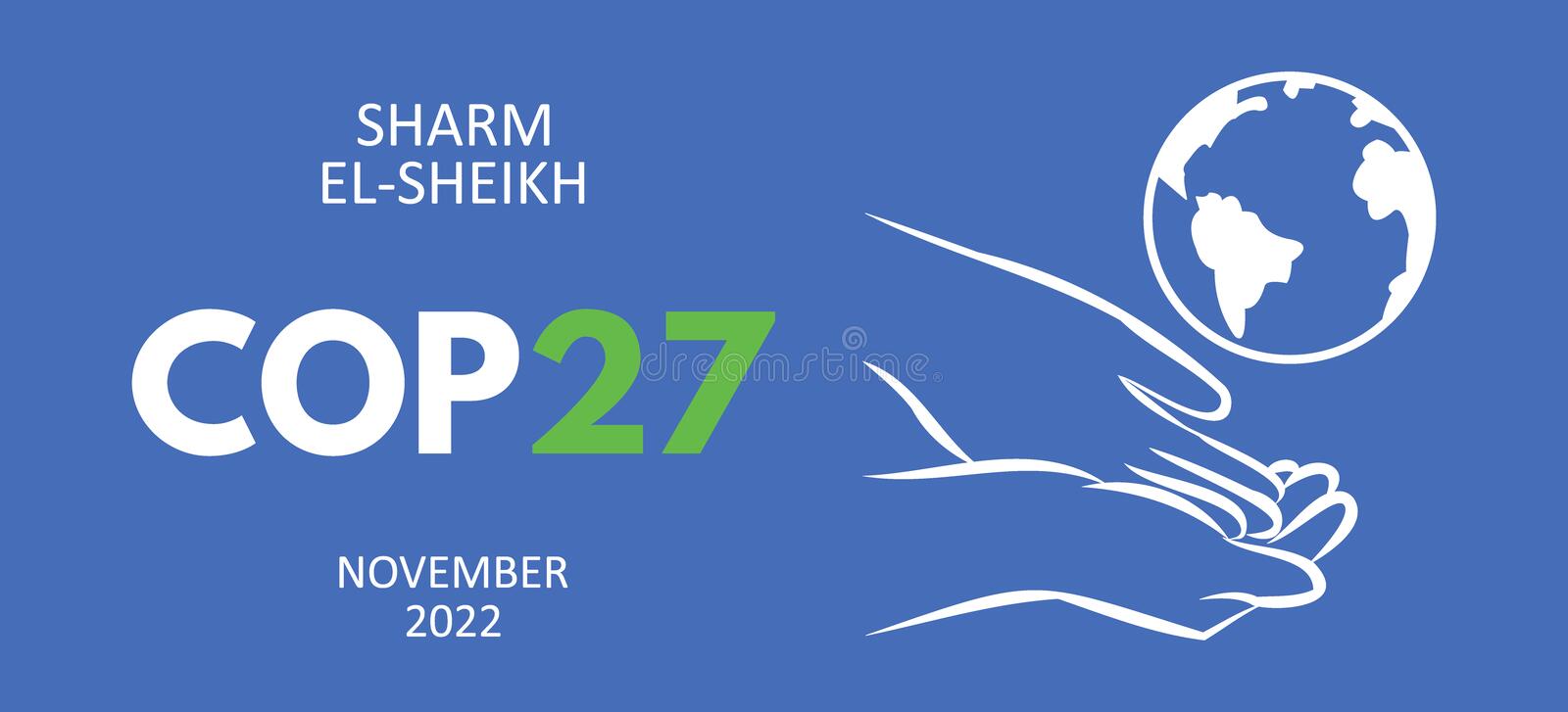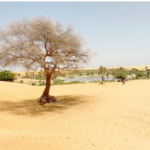Dataphyte, Nigeria’s renowned data journalism platform has launched the first climate data hub aimed at supporting journalists and civil society organisations with access to country-specific climate data and policy information.
Dataphyte founder, Joshua Olufemi, said in a statement that the hub will provide data, research publications, situation reports and analyses, maps and other visualisation to support various users with information to understand climate change in Nigeria better.
- Dataphyte: Why NNPC may not succeed as a private business entity
- Dataphyte Releases ‘Nigeria’s Post-Oil Economy’ Advisory Note
He said, “Likewise, the platform will present conversations from the ongoing COP 27 conference in Egypt this month, relevant social media updates and conversations on the 2023 flooding in Nigeria.
“This comes in response to crucial climate issues of nature, food, water, industry decarbonisation, and climate adaptation. The flooding of 100 LGAs in 33 States in Nigeria has delivered a brutal reminder that no country or region is immune from the climate crisis.
“Three critical challenges have been identified by stakeholders to have compounded the level of damages, losses and displaced livelihood experienced by the flooding across Nigeria. First, the gap in climate change and early warning information flow from government institutions to citizens and groups. The gap has sustained conventional practices by citizens that cost them their lives and livelihoods; but also aggravated the effect of climate change on their communities.
“Second is the lack of aggregated and on-the-ground data about climate change and resultant issues like agriculture, energy, health, transportation and water.
“Thirdly, various incidents such as flooding, desertification, sea level rise, gas flaring and oil spill are rocking the country, and solving these problems required data-backed decisions. Access to data and data-driven insights are essential for finding quick flood solutions, building climate-resilient food systems that can meet the growing global food crisis, and reaching a sustainable and resilient net-zero future.”
He further explained that the climate data hub would give citizens a chance to contribute through climate reporting which would would help reduce greenhouse gas emissions, build resilience and adapt to the inevitable impacts of climate change as well as be a tool for holding the Nigerian government accountable to its commitments to climate action in the face of the increasingly extreme weather events and other effects of climate change.

 Join Daily Trust WhatsApp Community For Quick Access To News and Happenings Around You.
Join Daily Trust WhatsApp Community For Quick Access To News and Happenings Around You.


